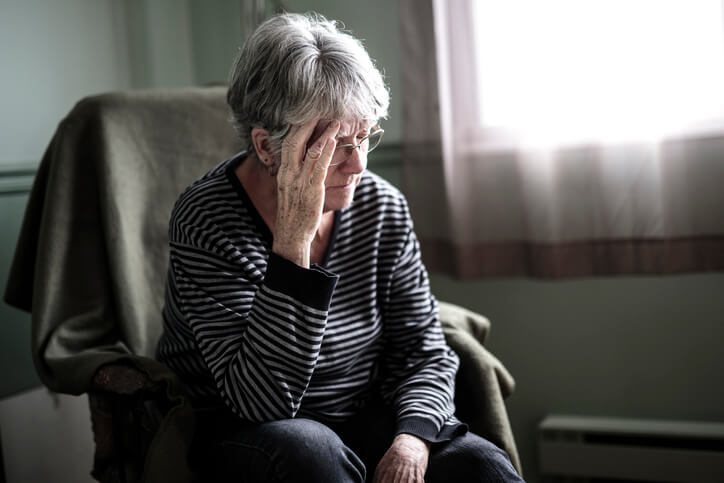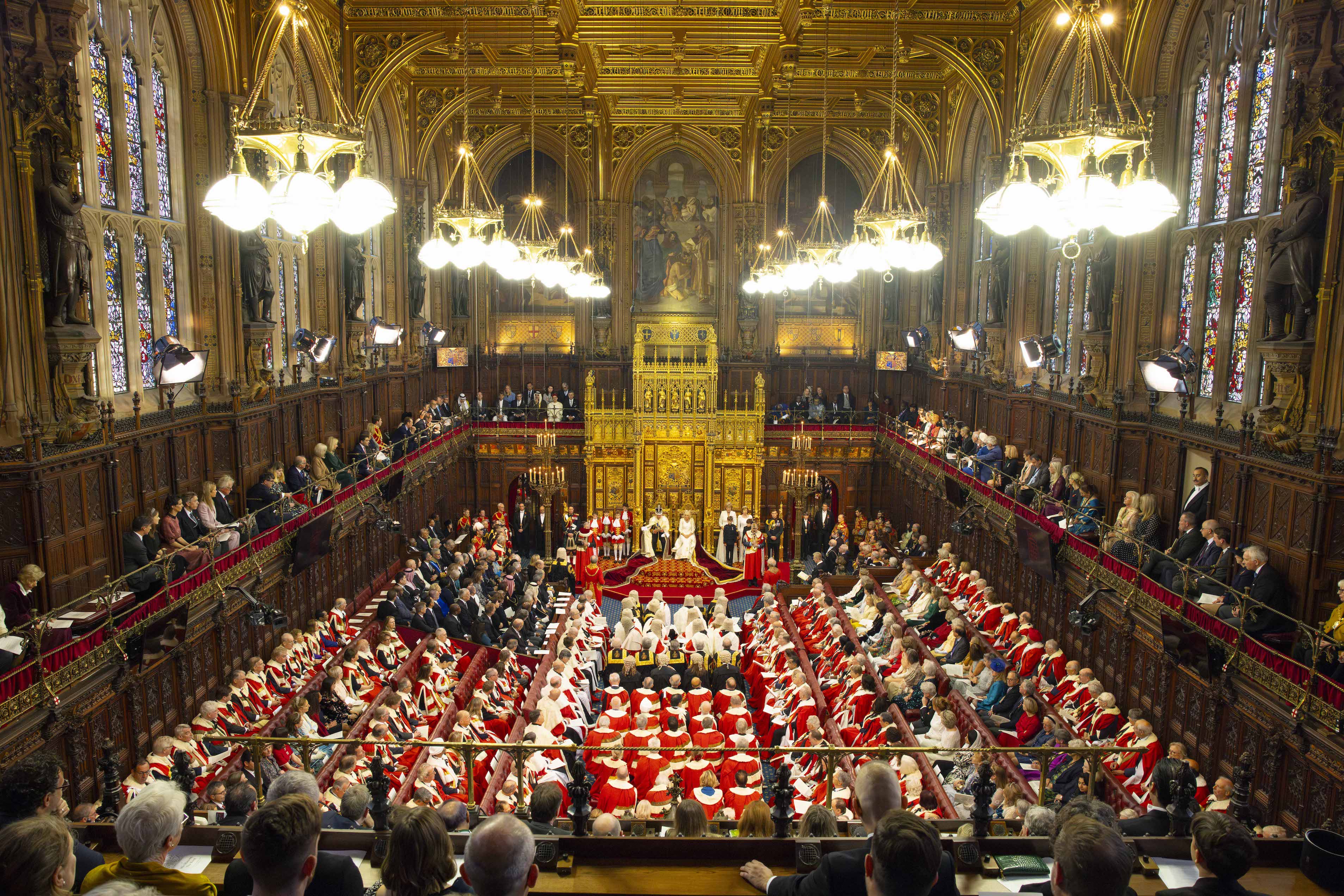Following this morning’s announcement by the energy regulator OFGEM that the energy price cap is to rise by 10% from October, Labour figures have started to break cover in criticising the government’s plans to withdraw winter fuel payments.
Some 10 million households now face an increase in their energy bills at the same time that they will be losing the £300 winter fuel payment previously received from the government.
Speaking on the BBC Radio 4 ‘Today’ programme this morning, the Labour MP for York Central, Rachael Maskell said, “We have to got protect the most vulnerable people in our society, and I am deeply concerned that some of that protection is being removed through the ending of the universal benefit of the winter fuel payment”.
Pointing to how the proposals to means test the winter fuel payments would harm those just above the pension credit threshold, Maskell said, “They weren’t in the manifesto and for that reason I really urge the government to think about how they are going to protect the most vulnerable in our society, our pensioners this winter”.
Prestigious royal award for MDU employee training programme

BASC welcomes deer pilot scheme in Scotland, but more is required
Maskell who is the Chair of the All Party Parliamentary Group on Ageing and Older People, was also critical of how Rachel Reeves’ proposals are being pushed through saying, “They are yet to go through the social security advisory committee to be scrutinized, and of course, in such a tight timeline. I question whether parliament will have the time to debate these measures as well”.
Maskell’s comments come after the Labour Health Secretary in Wales, Jane Hutt, had earlier this week also been critical, stating, “The decision that the winter fuel payment will no longer be universal risks pushing some pensioners into fuel poverty”.
Hitherto, vocal Labour opposition to the government’s proposals has been muted, with the party’s whips seemingly able to restrain any public criticism. The newly elected Labour MP for Monmouth, Caroline Fookes, recently praised the Chancellor over the move, telling BBC Radio Wales that post Labour’s election victory, it was evidence that “the grown ups are back in the room”.
The winter fuel payment had previously been introduced by Gordon Brown in 1997 with the aim of ensuring that all pensioners were protected during cold winter months.
A poll by YouGov on 4th August showed that the government’s proposals around winter fuel payments are opposed by 59% of voters, with 40% of voters saying they are strongly opposed to the move.
Referencing this morning’s increase in energy prices, Ed Miliband, the Secretary of State for Energy Security was keen to focus on the structure of the energy market.
In a statement, Miliband said, “The expected rise in the price cap is yet another consequence of the toxic legacy left by the previous government. Their failure over 14 years to secure our energy system has left families at the mercy of international markets controlled by dictators”.
This latest increase in average household energy prices, from £1,568 to £1,717 is notably lower than the spike in 2022 when energy prices rose to £4,279, subsequently reduced to around £2,500 following government support introduced by the then Liz Truss government.

















 #pushpa2
#pushpa2


Discussion about this post